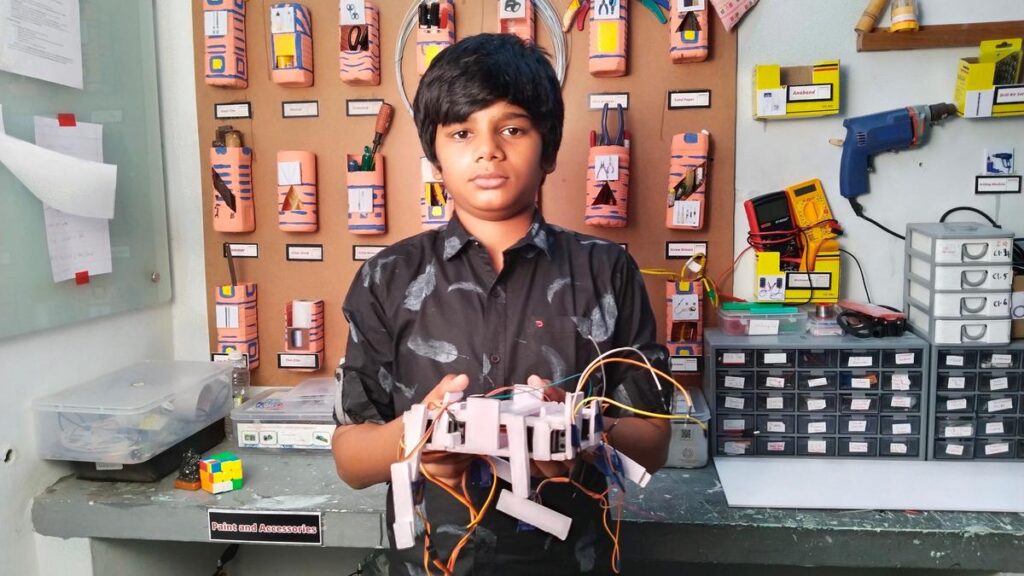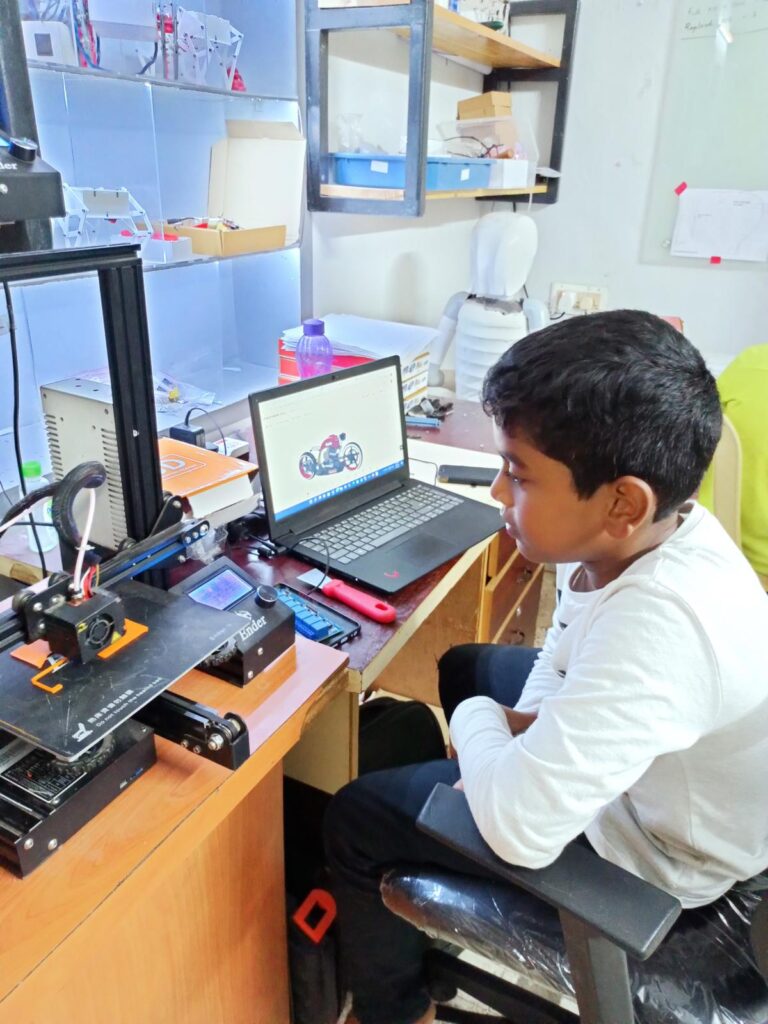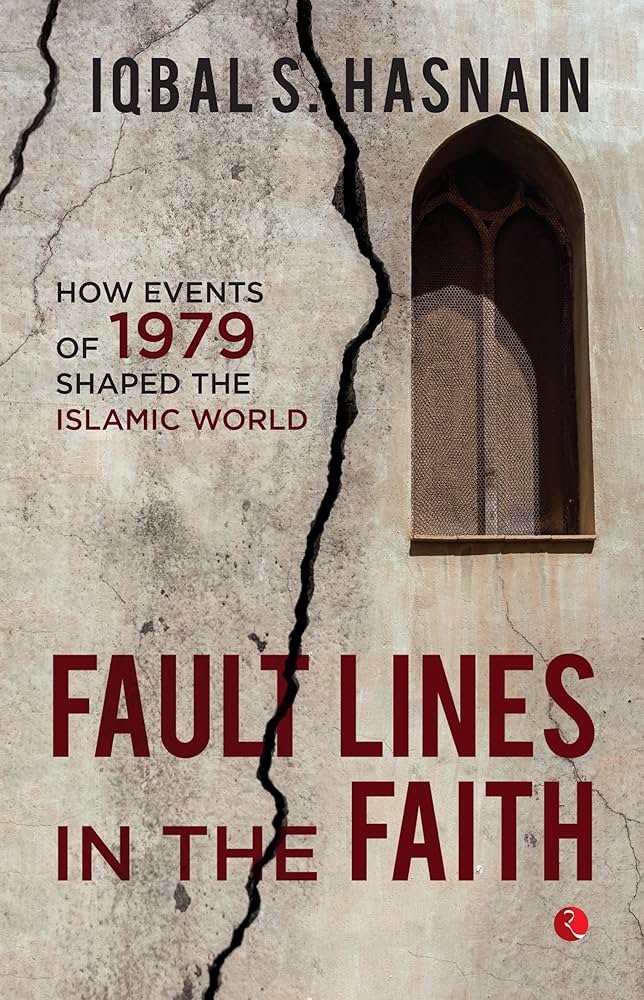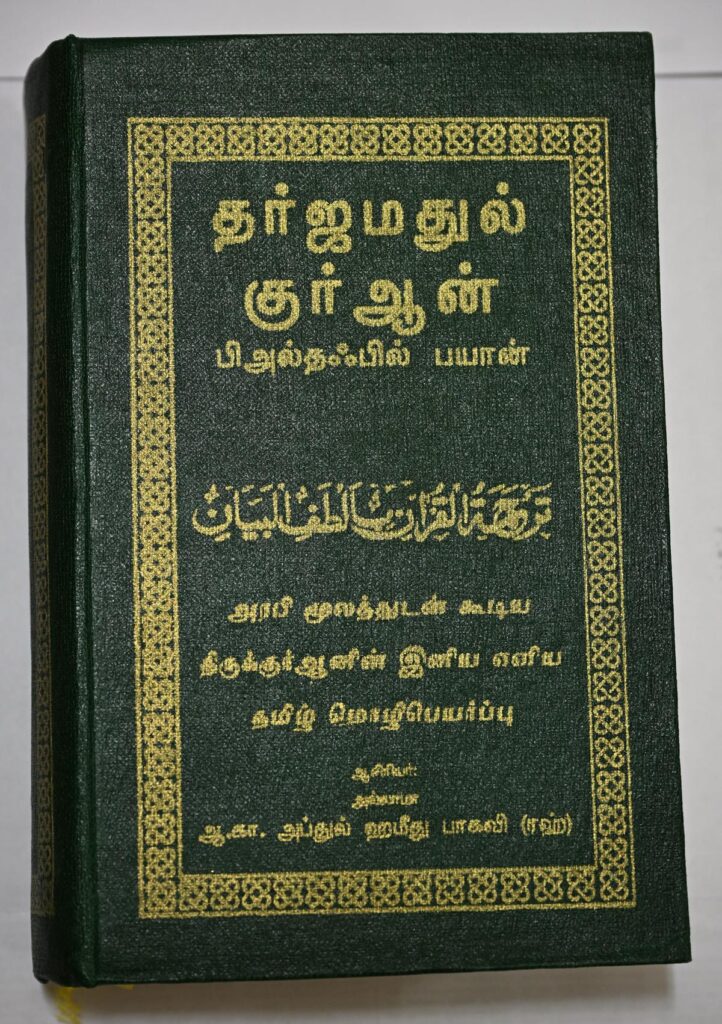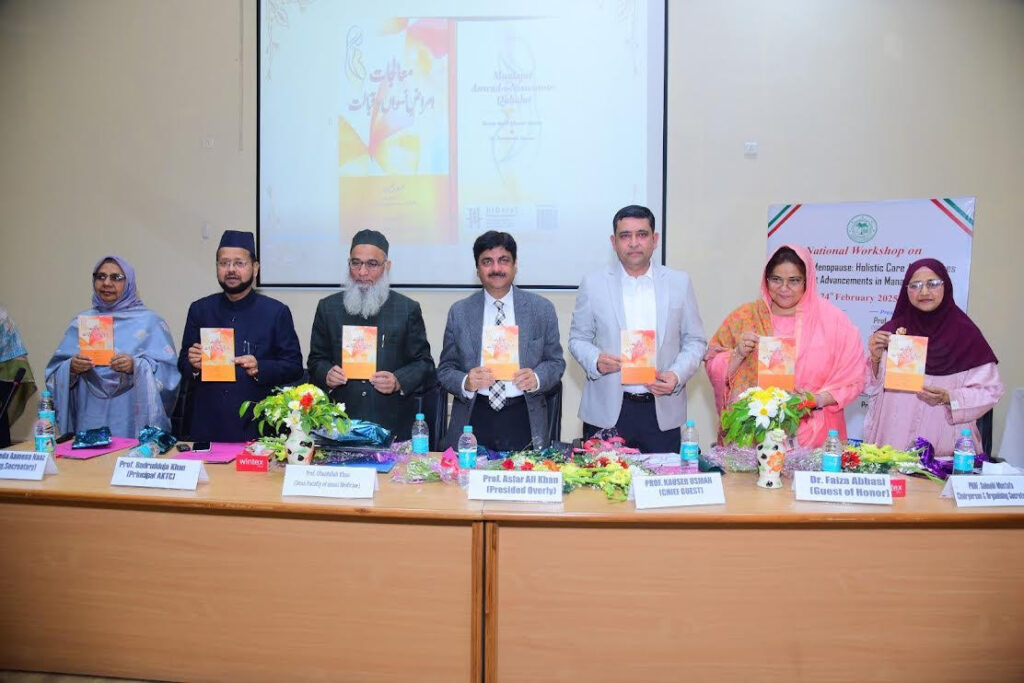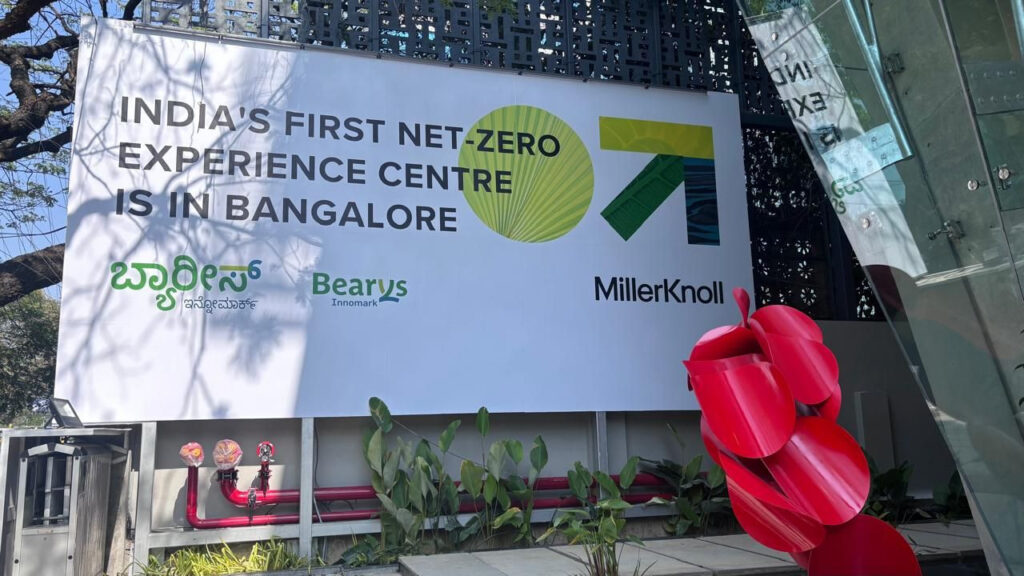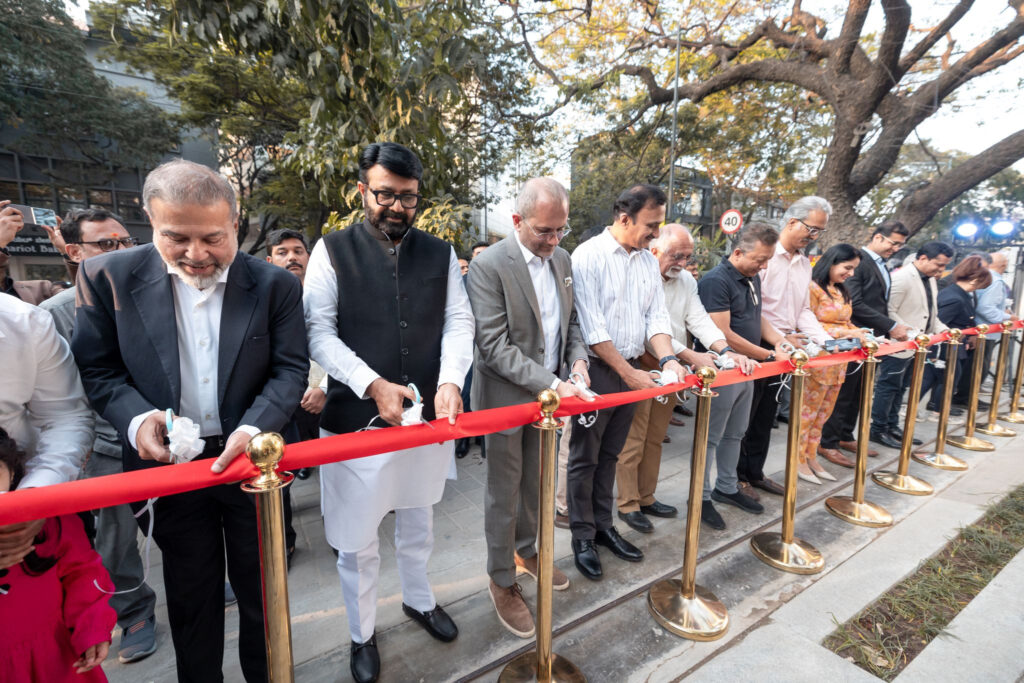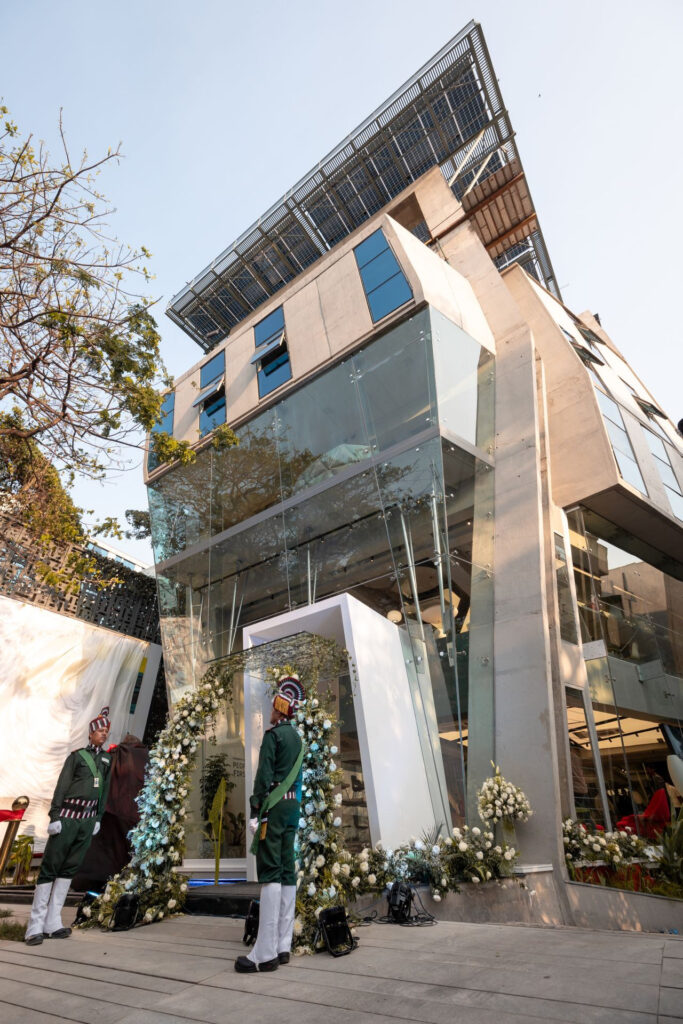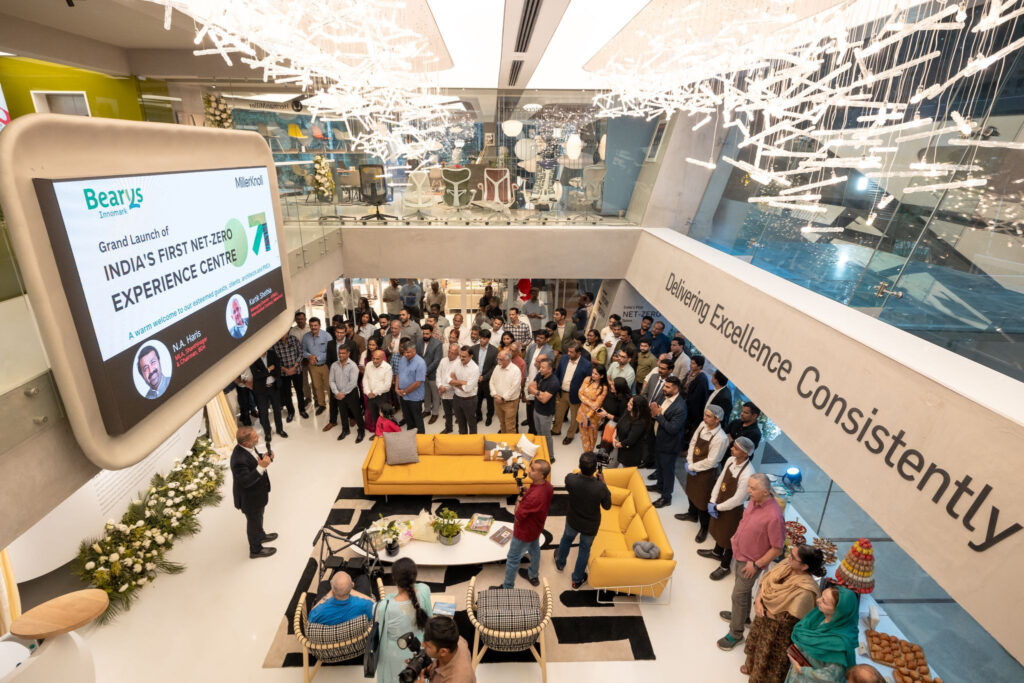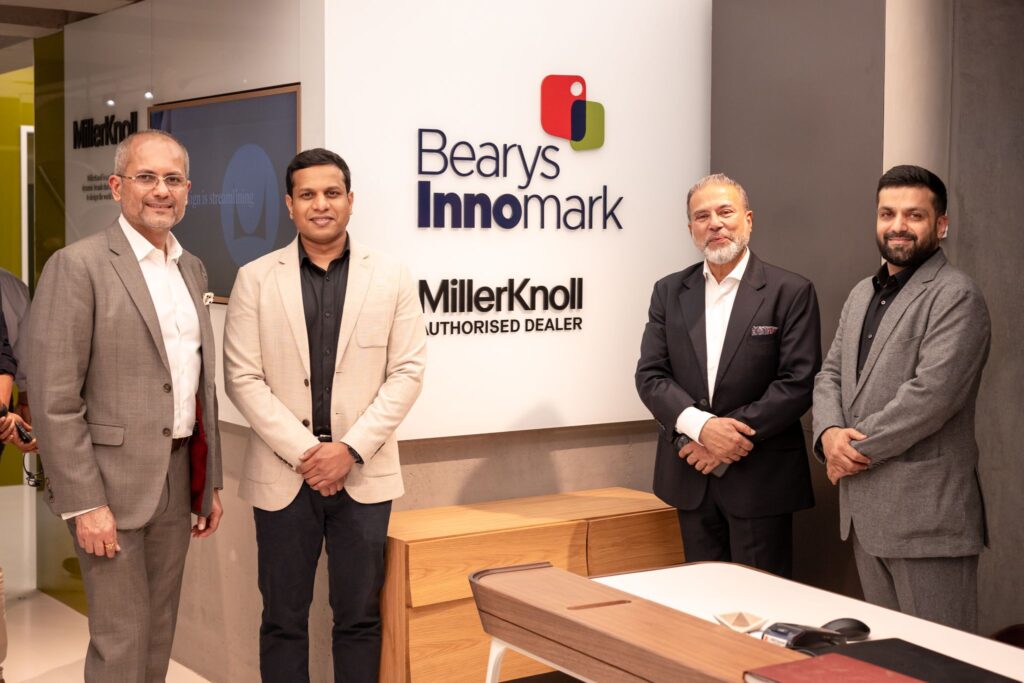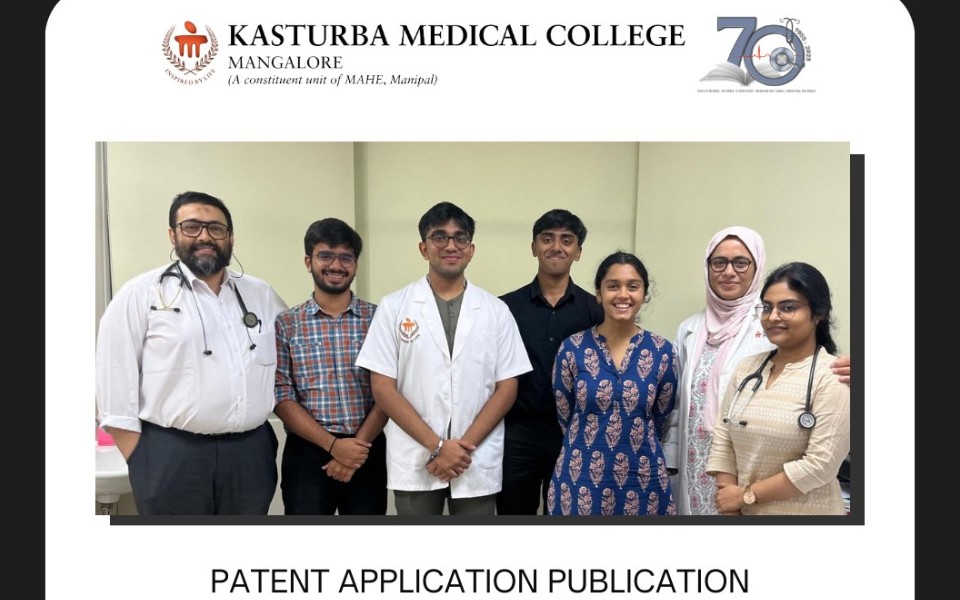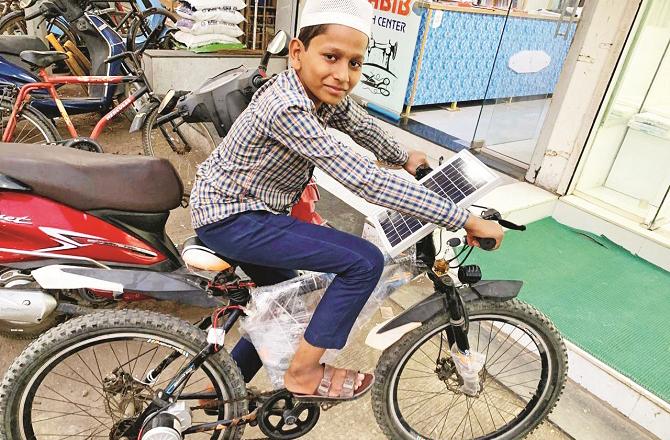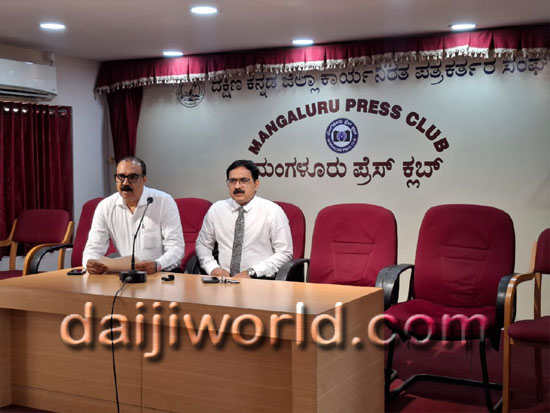Hyderabad, TELANGANA :

In an exclusive conversation with CXO News and APAC News Network, Dr Aman Basheer Sheikh, Co founder and Chief Medical Officer, Natfirst outlines how they are leveraging AI and data science to disrupt the health tech industry
How͏͏ does͏͏ NatFirst͏͏ leverage͏͏ AI͏͏ and͏͏ data͏͏ science͏͏ to͏͏ provide͏͏ personalized͏͏ nutrition͏͏ guidance,͏͏ and͏͏ how͏͏ do͏͏ you͏͏ ensure͏͏ the͏͏ recommendations͏͏ are͏͏ both͏͏ accurate͏͏ and͏͏ actionable͏͏ for͏͏ users?
NatFirst is the parent company of the TruthIn͏͏ app, India’s first consumer product intelligence app, which is the go-to source for understanding packaged food labels. It employs advanced AI,͏͏ including vision models and optical character recognition,͏͏ to͏͏ decode͏͏ product͏͏ labels͏͏ and͏͏ provides consumers with insights͏͏. It analyses the nutritional͏͏ content,͏͏ additives,͏͏ processing level and͏͏ ingredient͏͏ quality by decoding the information disclosed on food labels. A simple barcode scan allows users to access this information. At͏͏ the͏͏ heart͏͏ of͏͏ this͏͏ is͏͏ the͏͏ TruthIn͏͏ Rating͏͏ System,͏͏ which͏͏ translates͏͏ the data͏͏ from labels into͏͏ clear,͏͏ science-backed͏͏ health͏͏ scores.͏͏ These͏͏ insights͏͏ help͏͏ users͏͏ navigate͏͏ a͏͏ market͏͏ flooded͏͏ with͏͏ ultra-processed͏͏ foods͏͏ (UPFs)͏͏, ensuring͏͏ that they͏͏ can͏͏ confidently͏͏ distinguish͏͏ between͏͏ genuinely͏͏ healthy͏͏ options͏͏ and͏͏ deceptive marketing claims.
Natfirst comprises of a multi-disciplinary team of experienced doctors, nutritionists, and tech engineers. This team of experts has developed the TruthIn Rating System (TIRS) by studying best practices of global systems such as Nutri-Score, a nutrition labelling adopted by a few EU countries such as France, Belgium, Germany, Luxembourg, Netherlands, Spain and Switzerland. Other international systems studied include the Health Star Rating system used in Australia and NZ, and Nutri-Grade utilised in Singapore. It has also empanelled an advisory board of eminent multi-disciplinary experts who include, K. Sunitha Premalatha, MSC, RD, PHD, (Cancer Nutrition) and Padmashree awardee Dr Manjula Anagani MBBS, MD (Pathology), MD (Obstetrics & Gynecology), FICOG to ensure the TruthIn Rating methodology is as scientifically accurate as possible. Features in the TruthIn app such as the Match Meter help consumers access personalised guidance by aligning portion sizes with individual health goals, making choosing healthier products much easier.
As͏͏ a͏͏ startup͏͏ aiming͏͏ to͏͏ disrupt͏͏ the͏͏ health͏͏ tech͏͏ industry,͏͏ what͏͏ specific͏͏ challenges͏͏ have͏͏ you͏͏ encountered͏͏ in͏͏ differentiating͏͏ NatFirst͏͏ from͏͏ other͏͏ companies͏͏ in͏͏ the͏͏ market?͏͏ How͏͏ do͏͏ you͏͏ overcome͏͏ these͏͏ obstacles?
The innovations͏͏ being developed at Natfirst coincide with the evolving needs of consumers and the demand for healthier, cleaner food products.͏͏ Unlike͏͏ the͏͏ USA or͏͏ EU,͏͏ India͏͏ lacks͏͏ a͏͏ centralized͏͏ database͏͏ of͏͏ packaged͏͏ food͏͏ products. This forced NatFirst͏͏ to build its product dataset͏͏s manually from͏͏ scratch which was a significant challenge but also differentiates Natfirst as one of the few startups in India with such an extensive database.͏͏ With millions of products circulating in the Indian market, the user base of TruthIn has also played an extremely vital͏͏ role in grassroots data͏͏ collection to͏͏ form͏͏ a͏͏ dynamic͏͏ database͏͏ of over͏͏ 16,000͏͏ products which is now set to grow exponentially.͏͏ In that sense, Natfirst is a pioneer in the Indian market with many industry firsts.
Natfirst has also differentiated itself by building a loyal community of users based on trust and consistently promotes its scientifically validated scoring system. Today its flagship product TruthIn, has more than 5 lakh downloads. The brand ambassador of TruthIn is Revant Himatsingka (Food Pharmer), a staunch promoter of scientifically validated information, who has embarked on a mission to educate the average Indian consumer on label literacy. The TruthIn Rating System (TIRS) was specifically designed to help consumers with the most accurate and validated information available to make healthier food choices.
Lastly, to accelerate the process of ensuring that consumers have access to transparent information about all the products, a feature innovation which is very technically challenging is currently being beta-tested. It will enable consumers to analyse products in real-time and TruthIn will become the first app globally to launch such a feature once it goes live.
With͏͏ the͏͏ vast͏͏ amount͏͏ of͏͏ conflicting͏͏ nutritional͏͏ advice͏͏ available͏͏ online,͏͏ how͏͏ does͏͏ NatFirst͏͏ ensure͏͏ that͏͏ its͏͏ platform͏͏ offers͏͏ clear,͏͏ reliable,͏͏ and͏͏ easy-to-understand͏͏ guidance͏͏ for͏͏ individuals?
The 2024 Healthy Snacking report showed that consumers In India are increasingly scrutinising labels. However, the findings of an ICMR NIN report highlighted͏͏ that͏͏ while͏͏ many͏͏ Indians͏͏ read͏͏ food labels,͏͏ they͏͏ rarely͏͏ look͏͏ beyond͏͏ manufacturing͏͏ and͏͏ expiry͏͏ dates—leaving͏͏ them͏͏ vulnerable͏͏ to͏͏ misinformation, unwanted additives͏͏ and͏͏ inaccurate claims.͏͏ This underscores the importance of tech-driven consumer-focused solutions like TruthIn to navigate hundreds of complex food labels that consumers encounter daily.
By analysing product labels͏͏ factoring in things like fats,͏͏ sugars,͏͏ salt,͏͏ chemical additives,͏͏ artificial flavourings, the͏͏ TruthIn͏͏ Rating͏͏ System͏͏ helps users understand their food better. The product rating system developed by TruthIn analyses a lot of complex information and distils it into a 0-5 score that is easily understandable and helps consumers save countless hours deciphering͏͏ complicated͏͏ labels.
An example of this is the flavoured͏͏ yoghurt category; which is very often͏͏ marketed͏͏ as͏͏ a healthy͏͏ snack. However, it may contain synthetic͏͏ colours such as e102, or͏͏ an excess of added sugar.͏͏ TruthIn͏͏ clearly lists all such information,͏͏ connects͏͏ it to͏͏ reputable͏͏ research,͏͏ and͏͏ offers͏͏ healthier alternatives.͏͏ By emphasising transparency, accuracy,͏͏ creation of simplified visuals and decoding complex jargon, TruthIn͏͏ empowers͏͏ consumers to cut͏͏ through any confusion while choosing products.
In͏͏ the͏͏ realm͏͏ of͏͏ health͏͏ and͏͏ nutrition,͏͏ personal͏͏ data͏͏ security͏͏ is͏͏ crucial.͏͏ What͏͏ measures͏͏ does͏͏ NatFirst͏͏ take͏͏ to͏͏ ensure͏͏ user͏͏ data͏͏ is͏͏ protected͏͏ and͏͏ handled͏͏ responsibly?
NatFirst͏͏ places͏͏ data͏͏ privacy͏͏ at͏͏ the͏͏ forefront,͏͏ employing͏͏ robust͏͏ encryption͏͏ and͏͏ AWS-backed͏͏ secure͏͏ processing͏͏ to͏͏ safeguard͏͏ user͏͏ information.͏͏ Complying͏͏ with͏͏ both͏͏ Indian͏͏ and͏͏ international͏͏ data͏͏ protection͏͏ standards,͏͏ the͏͏ platform͏͏ collects͏͏ only͏͏ what͏͏ it͏͏ needs—dietary͏͏ preferences͏͏ and͏͏ health͏͏ objectives—to͏͏ deliver͏͏ personalized͏͏ guidance. By͏͏ maintaining͏͏ transparency͏͏ in͏͏ how͏͏ data͏͏ is͏͏ used͏͏ and͏͏ stored,͏͏ NatFirst͏͏ aims to build user͏͏ trust.͏͏ Consumers͏͏ can͏͏ feel͏͏ confident͏͏ that͏͏ their͏͏ personal͏͏ information͏͏ is͏͏ protected͏͏ as͏͏ they͏͏ benefit͏͏ from͏͏ tailored͏͏ recommendations,͏͏ fostering͏͏ a͏͏ secure͏͏ and͏͏ supportive͏͏ environment͏͏ for͏͏ informed͏͏ health͏͏ choices.
How͏͏ does͏͏ NatFirst͏͏ integrate͏͏ human͏͏ expertise͏͏ with͏͏ technology͏͏ to͏͏ create͏͏ a͏͏ balanced͏͏ approach͏͏ to͏͏ nutrition͏͏ and͏͏ health͏͏ guidance?
The importance of tech-driven tools such as TruthIn is becoming evident where over 11% of the population suffers from diabetes and 25% are classified as obese as per the ICMR. NatFirst͏͏ marries͏͏ cutting-edge͏͏ AI͏͏ with͏͏ the͏͏ insights͏͏ of͏͏ doctors,͏͏ nutritionists,͏͏ and͏͏ engineers͏͏ to͏͏ ensure͏͏ that͏͏ health͏͏ recommendations͏͏ are͏͏ both͏͏ scientifically͏͏ solid͏͏ and͏͏ easy͏͏ to͏͏ understand.͏͏ While͏͏ AI-driven͏͏ vision͏͏ models͏͏ decode͏͏ labels͏͏ in͏͏ real-time—exposing͏͏ harmful͏͏ additives͏͏ like͏͏ INS͏͏ 102,͏͏ a͏͏ coal-derived͏͏ dye͏͏ linked͏͏ to͏͏ hyperactivity—human͏͏ experts͏͏ validate͏͏ the͏͏ nutritional͏͏ frameworks͏͏ that͏͏ power͏͏ these͏͏ evaluations. The synergistic approach ensures the recommendations are accurate, easily understandable, and actionable. The nutritional framework under which the TruthIn Rating System (TIRS) has been developed by an expert team of nutritionists and doctors and output including the score is further validated by empanelled experts on an ongoing basis. This is the unique way in which TruthIn blend͏͏s human͏͏ expertise͏͏ and͏͏ AI͏͏ innovation͏͏ to help users͏͏ make͏͏ truly͏͏ informed͏͏ choices͏͏ tailored͏͏ to͏͏ their͏͏ unique͏͏ dietary requirements.
Looking͏͏ ahead,͏͏ what͏͏ are͏͏ the͏͏ key͏͏ innovations͏͏ or͏͏ trends͏͏ in͏͏ AI͏͏ and͏͏ health͏͏ tech͏͏ that͏͏ NatFirst͏͏ is͏͏ excited͏͏ to͏͏ explore?
NatFirst͏͏ is͏͏ pushing͏͏ boundaries͏͏ by͏͏ developing͏͏ real-time͏͏ product͏͏ analysis͏͏ and͏͏ looking ahead integrating͏͏ it with Generative͏͏ AI͏͏ (GenAI)͏͏ for͏͏ conversational͏͏ interfaces is something we’re all looking forward to exploring.͏͏ GenAI will enhance the user experience by automating responses, providing instant feedback, and improving decision-making capabilities. This͏͏ will allow users to interact with it seamlessly for real-time guidance. This will solve for efficiency at scale enables͏͏ instant͏͏ insights͏͏ into͏͏ nutritional͏͏ content,͏͏ ingredient͏͏ implications,͏͏ and͏͏ personalized͏͏ dietary͏͏ recommendation. The tech architecture at Natfirst has been developed for quick category expansion to support the rapid addition of new product categories, ensuring timely updates to meet evolving user needs. Expanding͏͏ on the features of the MatchMeter͏͏ and͏͏ adding͏͏ more͏͏ nuanced͏͏ dietary͏͏ filters͏͏ will͏͏ help͏͏ users͏͏ navigate͏͏ the͏͏ explosive͏͏ growth͏͏ of͏͏ UPFs͏͏ and͏ aid consumers to make much more informed decisions.͏͏
By͏͏ staying͏͏ at͏͏ the͏͏ forefront͏͏ of͏͏ AI-driven͏͏ transparency,͏͏ NatFirst͏͏ aspires͏͏ to͏͏ set͏͏ new͏͏ industry͏͏ standards͏͏ and͏͏ guide͏͏ Indian͏͏ consumers͏͏ toward͏͏ healthier,͏͏ more͏͏ informed͏͏ choices. By focusing on these priorities, NatFirst will ensure it stays ahead of trends while remaining aligned with its vision of enabling healthier, more informed choices.
source: http://www.apacnewsnetwork.com / APAC Media / Home> Healthcare & Wellbeing> Interview / by Bhavya Bagga, APAC News Network / December 21st, 2024
